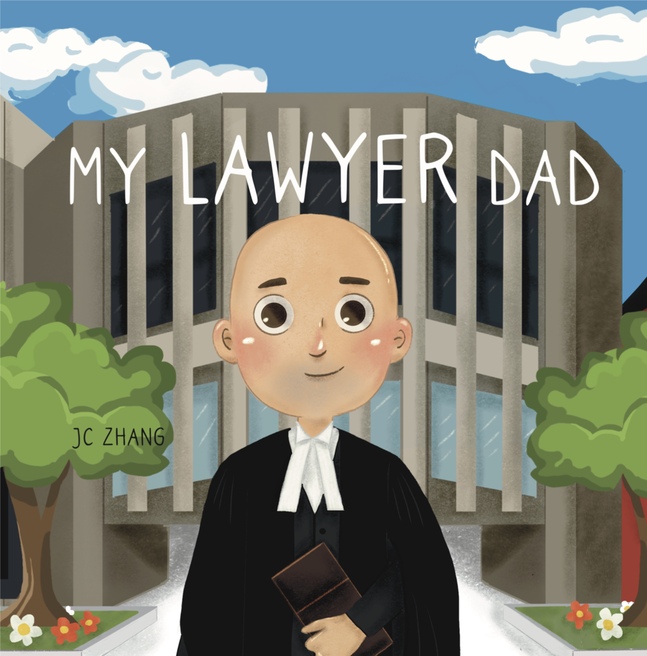Cultural Stereotypes During Jury Trials
Omar Ha-Redeye spoke on the dangers of cultural stereotypes in jury trials in The Lawyer’s Daily, discussing the Court of Appeal for Ontario’s decision in R. v. B.G., 2022 ONCA 92,
Toronto lawyer Omar Ha-Redeye said that while the defence introduced cultural context, “it was to explain part of the potential motive of the complainant to retaliate against her father and obtain revenge, the Crown took this and turned it into a general motive to lie as applied to an entire culture — and the manner in which they did this relied heavily on cultural stereotyping that was not proven by evidence through testimony or any expert.”
“Introducing cultural factors in this way would encourage the jury to engage in stereotyping, especially where they were not instructed by the judge to the contrary, which has a direct impact on trial fairness,” said Ha-Redeye, who runs Fleet Street Law, a legal incubator in Toronto, and teaches at Ryerson University’s Lincoln Alexander School of Law.
…
Ha-Redeye believes that in a new trial, the Crown would “properly introduce” cultural factors, but would do so “through expert evidence.”
Crown counsel Jennifer Epstein declined to comment on the decision. B.G.’s lawyers did not respond to an interview request.
“Courts have used experts to inform the courts about the cultural norms of a community or groups, and this approach has been well recognized even where it does not use the scientific method. This type of specialized knowledge is often gained through experience and training,” said Ha-Redeye, who referred to the Appeal Court’s comments on this matter in R. v. Abbey 2009 ONCA 624.
“The concern about stereotypes being developed by the trier of fact will not be fully removed simply because an expert is properly used, or that there is proper jury instruction,” he said.
“What is needed is a diversity of people in the judiciary and jury pools to properly encompass the different perspectives and views in society, but also the different perspectives and views within communities themselves. Failing to do this results in what is called ‘essentialist assumptions,’ which suggests that all members of a particular group share a collective experience which can be easily identifiable and definable.”
“The reality is that the Sikh community has its own complexities and differences of perspectives within it, and has its own different diversities,” said Ha-Redeye. “All of those views are properly needed on our bench and jury pools to properly safeguard against stereotyping, and we know that Sikhs and other minorities are significantly underrepresented in both.”
Harpreet Saini, Harpreet Saini Law Firm
Harpreet Saini, Harpreet Saini Law Firm“In the context of juries, many minorities are often reluctant to participate given a low affinity, identification and trust for the justice system as a whole. The improper use of stereotypes, which this decision appears to demonstrate, only serves to alienate those communities further.”
 Previous Post
Previous Post Next Post
Next Post